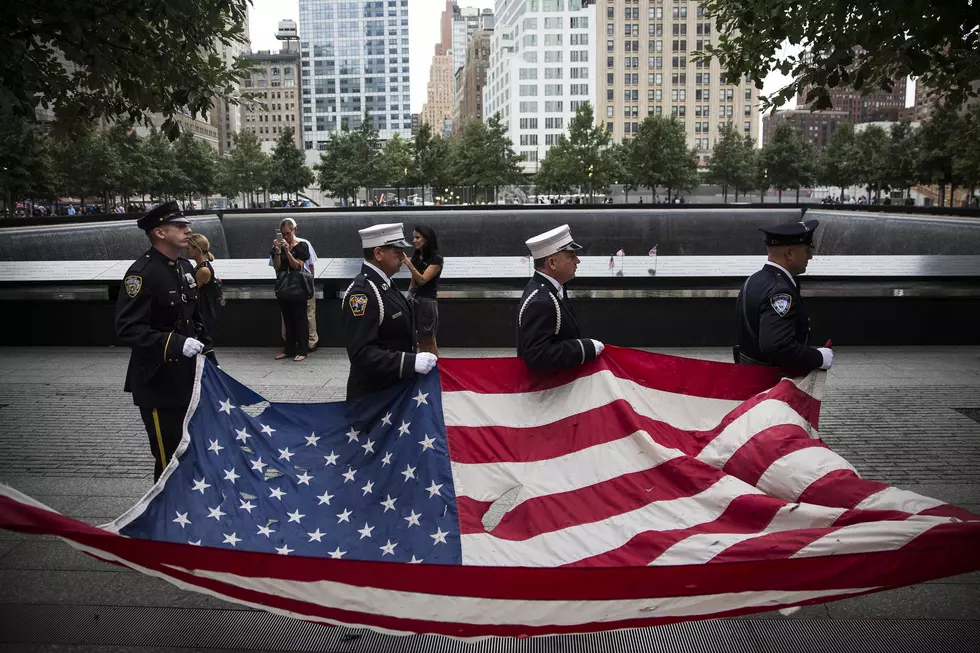
Jack’s Mid-Missouri Memories: Tin Cans and the War Effort
Tin Cans and the War Effort
In 1944, I attended the first grade at Washington School in Sedalia, Mo. World War II was in full swing. Everywhere you looked there were signs exhorting all Americans to do their part to win the war. The signs warned us to not give away secrets, because "loose lips sink ships," and although I had no idea what secret I might have that would do that much harm, I vowed to keep it to myself anyway.
There were also signs asking us to conserve everything and to buy war bonds. I had no money to buy bonds, but I could take tin cans to school to be recycled into ships, guns, tanks or any thing else the men who were fighting for our freedom might need. School kids like me felt patriotic when they brought bags of crushed cans to school, and when the newsreels at the Uptown Theater showed long lines of railroad cars headed to the scrap yards with cans, we were sure Washington Schools' contributions were among them.
There were other kinds of drives besides the scrap metal one. I can remember bringing bags of rags and paper that were also needed in the war effort. Recycling and conservation were vigorously promoted in school, the same way anti-smoking is today. It was known as the "Schools at War" program, and it made us feel like real patriots.
Sometimes my mom may have thought I was a little too eager to help, such as when I tried to give away things we really needed for our own use. Conservation was easy to comply with for most citizens, especially the Victory Garden part that was meant to help out with the food shortages during those rationing days. Most families I knew grew backyard food even before the war, but it made me proud to know mom and dad were doing their part anyway.
The war was a long way from Sedalia, and I don’t remember feeling threatened, but like everyone else, I was kept aware of it by air raid sirens, blackouts and those V for Victory signs in the windows everywhere. The blackouts that were supposed to deny enemy bombers a target on dark nights were probably not necessary considering Sedalia's proximity to the coast, but it did make us feel as if we were a part of the war. We would pull our shades down tight and gather around the kerosene lamp until electricity was restored at the all clear. I even thought I heard a bomb dropping once, but mom said it was just my imagination or too many movies.
The entertainment Industry fought the war with movies showing our fighting men winning heroic battles against the evil enemies of this country. The radio blasted them too, with unlikely heroine Little Orphan Annie doing her part to squash would be conquerors. The comic books of the day took on the dreaded Nazi's and Imperial Japanese Forces with heroes like G.I. Joe and Sad Sack on the front lines, while Dick Tracy cleaned them out here at home. I think the war fought on those screens and in those books were more real to us kids in those days than the one that was costing lives on those far off battlefields, and maybe it was a conscious effort on the part of parents that were unsure of the future at that point, or if we would have one. Maybe they wanted us to have whatever childhood we could, just in case.
The real war did come home with my uncle, stepfather, and many friends who told me about the horrors of it as I grew up. I felt the fear then that I would have felt as a child had I known. I still feel the fear sometimes, but I also still feel the gratitude for what our military did, so kids like me could have a future and a childhood.
Tune in to Jack Miller on Newstalk 1050 KSIS every Monday morning to hear excerpts from his book of Mid-Missouri memories, titled ‘Unhurried Days.’
More From AM 1050 KSIS





![The British Invasion Has Been Hyped Too Much [OPINION]](http://townsquare.media/site/468/files/2014/02/800px-The_Beatles_in_America.jpg?w=980&q=75)



